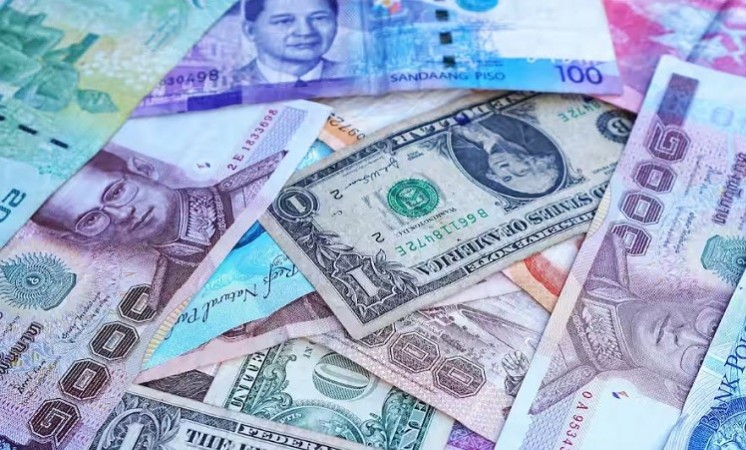
CAPE TOWN: On June 2, the BRICS nations reaffirmed their support for rule-based, open, and transparent global trade while highlighting the importance of using local currencies in international commerce and financial operations.
The BRICS (Brazil, Russia, India, China, and South Africa) Ministers of Foreign Affairs and International Relations called for a strong global financial safety net with the International Monetary Fund (IMF) at its core and quota-based funding in a joint statement released at the conclusion of their meeting.
It also stated that the 16th General Review of Quotas' IMF governance reform process, which includes a new quota formula as a reference, should be finished by December 15, 2023.
A free, open, transparent, inclusive, equitable, non-discriminatory, and rules-based multilateral trading system, with the World Trade Organisation (WTO) at its core and special and differential treatment (S&DT) for developing countries, including Least Developed Countries, was supported by Ministers, according to a joint statement titled "The Cape of Good Hope."
They emphasised their commitment to achieving fruitful and significant resolutions to the concerns at the 13th Ministerial Conference (MC13). They agreed to work cooperatively to accomplish the necessary WTO reform with the goal of delivering tangible results to the MC13. They demanded the immediate appointment of new Appellate Body Members and the restoration of a fully operational dispute resolution process available to all members by 2024, the statement stated.
Under the guise of environmental concerns, they denounced policies like taxes and other unjustifiable carbon border adjustment methods that are unilateral and protectionist.
The BRICS grouping of five of the major developing nations in the world accounts for 16% of global trade, 24% of the global GDP, and 41% of the world's population.
The Ministers emphasised that unilateral economic coercive actions, including as sanctions, boycotts, embargoes, and blockades, further exacerbate the issue by having an adverse effect on the global economy and violating international law.
In order for citizens to benefit from economic growth and prosperity, the two-day Ministers' meeting emphasised the significance of financial inclusion. It also welcomed the numerous new technological tools for financial inclusion developed in BRICS countries, which can help to ensure citizens' full participation in the formal economy.
It also expressed its confidence that it will enhance the New Development Bank (NDB) and help it more successfully carry out its purpose by congratulating Dilma Rousseff, the former president of Brazil, on her election as NDB president.
They urged the NDB to adhere to the member-led and demand-driven principle, mobilise funding from a variety of sources, foster innovation and knowledge exchange, aid member countries in achieving the SDGs, and further improve efficiency and effectiveness to fulfil its mandate and strive to be a leading multilateral development institution, it said.
The Ministers stressed the importance of energy security as a cornerstone for global prosperity, social cohesion, national security, and economic growth.
To ensure that everyone has access to reasonably priced, trustworthy, sustainable, and contemporary energy sources, they called for resilient global supply networks and predictable, stable energy demand.
They also emphasised the significance of developing value chains, fostering open, transparent, and competitive markets, and ensuring the protection of vital energy infrastructure in order to improve energy security and market stability. They vehemently denounced any terrorist assaults on vulnerable targets and key infrastructure, particularly critical energy plants, as per statement. The BRICS nations suggested holding the following summit in South Africa in August of this year.